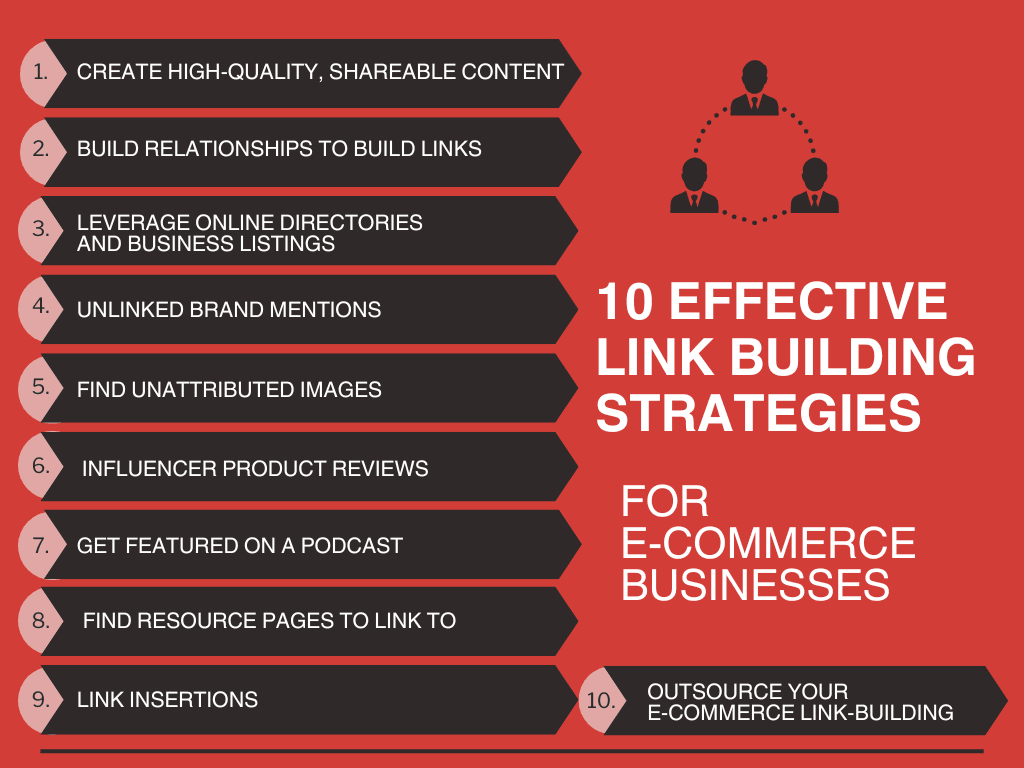Selling a business is a major decision that requires careful planning, strategic marketing, and professional guidance. Whether you own an HVAC, electrical, plumbing, or landscaping business, the process of selling involves evaluating your company’s worth, finding the right buyer, and ensuring a smooth transition. Here’s a step-by-step guide to help you navigate the complexities of selling your business and maximize its value.
1. Assess Your Business Value
Before listing your business for sale, determine its true market value. Buyers will want a clear understanding of your company’s financial performance, assets, customer base, and growth potential. Atlantic Business Brokers Consider the following factors:
- Revenue and Profitability: Steady earnings and profit margins make a business more attractive.
- Customer Base: A strong and loyal customer base increases business value.
- Reputation and Brand Strength: Established businesses with positive reviews and industry recognition command higher prices.
- Assets and Equipment: Ensure all equipment, vehicles, and operational assets are in good condition.
- Contracts and Recurring Revenue: Service contracts and maintenance agreements add value by providing consistent cash flow.
Working with a business broker can help ensure a professional and objective valuation.
2. Prepare Financial and Legal Documents
Buyers will conduct due diligence before making an offer, so having your financial records and legal documents in order is crucial. Prepare the following:
- Profit and loss statements (3-5 years)
- Tax returns
- Balance sheets
- Employee contracts and payroll records
- Business licenses and permits
- Customer and supplier contracts
Ensuring transparency in your business operations will instill confidence in potential buyers.
3. Enhance Business Operations to Attract Buyers
Improving your business before listing it for sale can significantly increase its appeal. Consider these strategies:
- Streamline operations to ensure efficiency.
- Train key employees to handle transitions smoothly.
- Reduce unnecessary expenses to improve profitability.
- Strengthen customer relationships and seek long-term service contracts.
4. Find the Right Buyer
Identifying the right buyer is critical for a successful transaction. Buyers may include:
- Industry Competitors: Companies looking to expand operations.
- Entrepreneurs: Individuals seeking to enter the trades industry.
- Investment Groups: Private equity firms looking for profitable businesses.
A professional business brokerage firm can help connect you with qualified buyers and negotiate favorable terms.
5. Negotiate the Sale
Once you find an interested buyer, negotiations begin. Key terms to discuss include:
- Selling Price and Payment Terms: Lump sum vs. installment payments.
- Transition Period: The seller may need to stay on for a few months to ensure a smooth handover.
- Non-Compete Agreements: Prevents the seller from starting a competing business.
Having an experienced broker or legal advisor ensures that all terms are in your best interest.
6. Close the Deal and Transfer Ownership
The final step involves signing legal agreements and transferring ownership. This includes:
- Drafting a purchase agreement
- Securing financing (if applicable)
- Handing over assets, contracts, and accounts
- Notifying employees and customers about the transition
A seamless transition increases the chances of the business maintaining its success under new ownership.
Final Thoughts
Selling an HVAC, electrical, plumbing, or landscaping business is a complex but rewarding process. By preparing your financials, improving operations, and working with a trusted business broker, you can maximize the value of your business and ensure a successful sale. If you’re ready to take the next step, consider seeking expert guidance from professionals who specialize in business sales.
For expert assistance with selling your business in Summerville, SC, visit Atlantic Business Brokers









